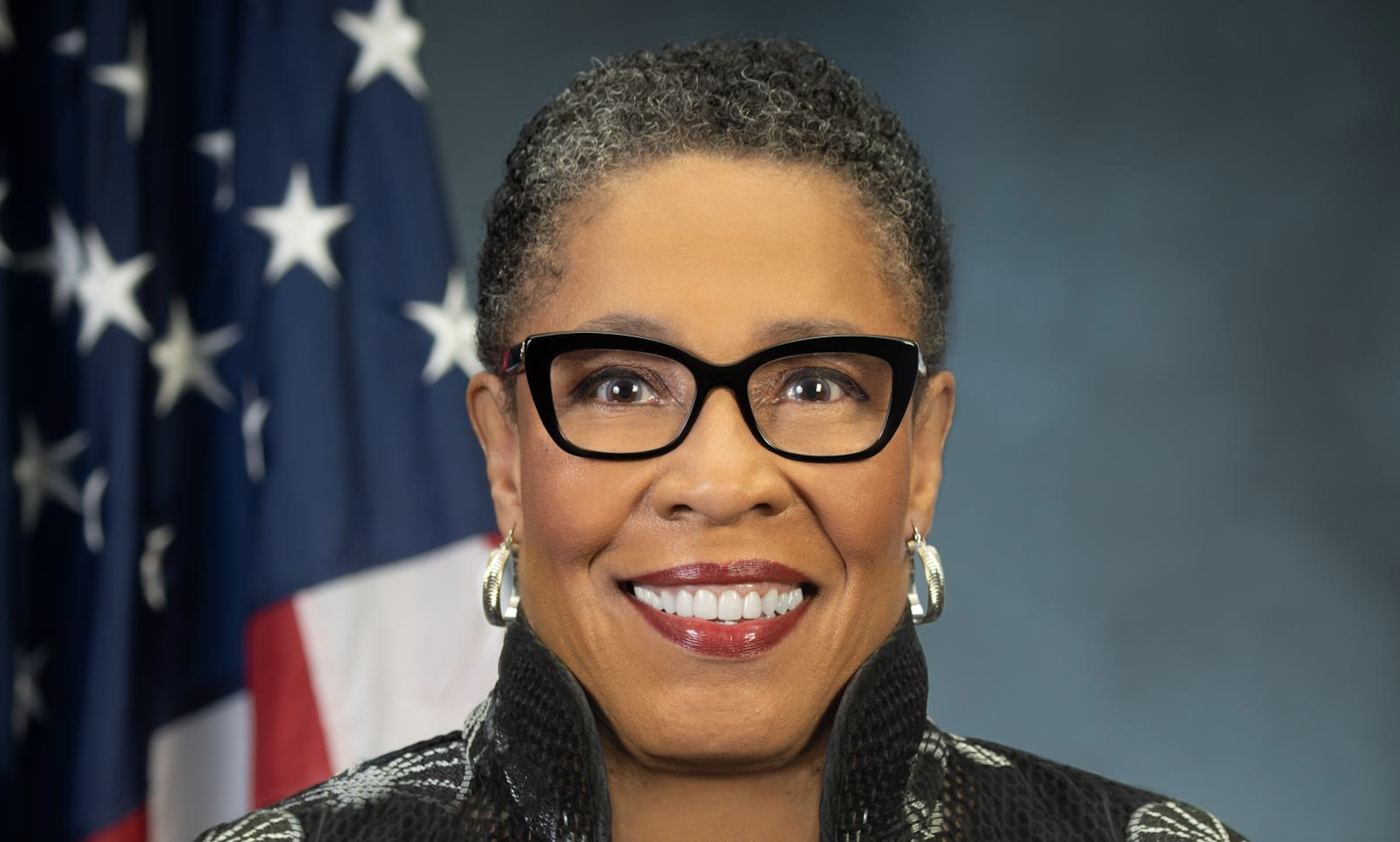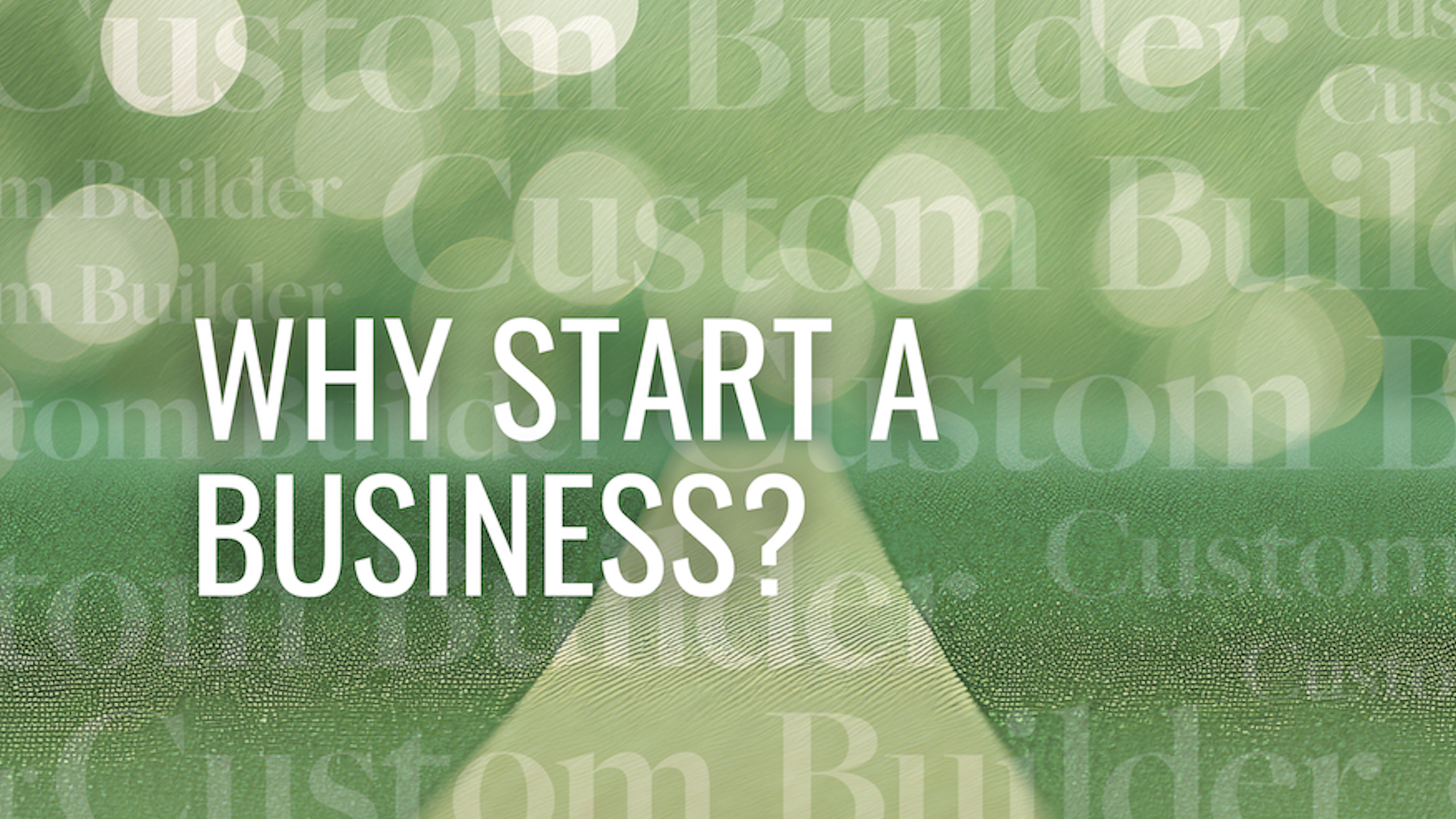If all new builders were required to take a course on business organization and management, they ideally learn would four important steps:
- Plan a business.
- Plan an exit strategy.
- Start the business.
- Successfully run the business.
Unfortunately, many entrepreneurs jump to Step 3 long before they complete or even begin Step 1. That leads many to an unplanned step: Close the business.
Others are fortunate enough to march through Steps 1, 3 and 4 but realize Step 2 when it's too late to plan how to get assets or cash moved from their business to their personal balance sheet. Whether your company was once a well-organized startup or a seat-of-the-pants operation run out of a pickup truck, your current success might not translate into a successful retirement. Even if retirement is not on your near-term horizon, planning for your and your family's future should be an integral component of your life's work.
Your Business Plan
Successful builders work from a blueprint for success. Events are planned, not happenstance. When they start or grow their business, they know where capital will come from, which types of projects will be built and how many personnel will be required to build them, and how much they will earn.
Written business plans long have been a necessary part of the luxury home market. Especially for funding needs, banks typically demand a host of financial projections, including critical cash flow models. But in these instances, the focus is project-oriented. While commercial lending officers have an obvious interest in your current project and are concerned about future projects so their bank continues to get your business, long-term personal or company needs might not be their area of expertise.
If you're working off a blueprint for success, you've probably planned each project so it fits into an overall strategy. If that strategy involves constructing a certain number of luxury homes per year, each project is a component of that plan. And you've probably built your business in such a fashion as to make certain types of jobs more profitable than others. Because that overall strategy is in place, you also know which types of projects you will not pursue even when opportunities present themselves.
Similarly, an exit strategy also should be part of your business plan. While your current business plan might focus on company growth, including finances and staffing, another component should have a more personal focus: how you can best cash out. That component should include steps along the way, not just when you're prepared to retire.
If, for example, your plan is to build a company capable of constructing 10 or 20 luxury homes per year and that plan includes certain staffing requirements, your exit strategy might entail an employee buyout. While many builders consider this their exit strategy, they might not make the transition from growing their company to succession planning. To wit: If your business is completely focused on your skills, talents and marketing, the business probably will not survive your departure from the company.
If you realize your business won't endure if you leave, it might affect the quality of staff you hire. If you know your last paycheck might directly relate to whether your employees can continue company operations after you're gone, you might choose higher-caliber employees and spend more time training them.
You might be inclined to give them more authority and let them participate in long-range planning. If they know their personal and financial future might be tied to how well they help in planning the company's future, they might respond even more favorably in the present. Knowing that succession is a part of the company's business plan makes it even more personal and potentially profitable to them.
Your Personal Financial Plan
While successful businesses draft, adopt, update and follow business plans, people who retire successfully also follow a plan - a personal financial plan. If your goal is to retire to a lifestyle comparable to the one you currently enjoy, you must take the necessary steps today to make that a reality tomorrow.
The path taken by many successful individual builders is fairly classic: Obtain funds from any available source (a home equity line, relatives, a pension from a former career, an inexperienced bank loan officer), continuously pour profits into the company to keep it profitable and growing, build an expensive house for your family and keep what's in the checkbook when you've had enough. But classic doesn't make it right, and that's not the journey modern builders are taking today.
One of the hardest things for a financial planner is to convince entrepreneurs (not just builders) they continually must take money from their business and invest it in other sectors. While diversification has been proved to work time and again, entrepreneurs are apt to invest in what they know best. Builders understand their market, and they might invest in apartment rentals, commercial space, a small subdivision, etc., in addition to constructing luxury homes.
But those segments directly relate to the same economic sector. While they might make for a diversified construction company, they do not represent a diversified personal portfolio. An economic downturn that downsizes the luxury home market probably also will lead to higher commercial vacancy rates, less traffic at subdivisions, etc. Diversification entails investing in sectors that complement each other inversely; if one is down (e.g., housing), another might stay afloat (e.g., consumer noncyclicals such as food and beverages). Even in hard economic times, consumers drink beer, smoke cigarettes and eat three meals a day.
A personal financial plan is designed to provide you and your family with the same kind of road map that your business plan provides your company. Saving for your children's college education? Put specifics into the plan, including an annual savings goal and how those funds will be invested once they're accumulated. Want to buy a vacation home? Figure out when you want to buy it, how much it will cost and how much has to be set aside each year to buy it, and then implement that plan.
The bottom line of a personal financial plan is to ensure that your life's goals are addressed and that your post-career standard of living matches the one you're enjoying today. While that might entail taking funds from your company that you had earmarked for other projects, you'll have to deal with it. You can't assume that the business successes that have gotten you where you are today will continue into the future.
Tools to Go From Here to There
Once you commit to the belief that assets from your company will have to be transferred to you or your family, you can accomplish that objective in a number of ways.
Starting with the premise that nobody likes to pay taxes, the first avenue to take should involve a pension plan from your company. Pension laws do not let company owners enrich themselves without enriching their employees, so care must be taken to ensure that pension plans are structured appropriately.
As many builders are involved in multiple entities for insurance purposes, examining your corporate structure is a good first step. If you have a single company, are the sole employee and receive income from this entity, that company might be the place to start a pension plan for your personal benefit. Be certain your accounting and/or legal professionals concur before taking steps to put this into effect. Starting and maintaining a pension plan in a multipronged corporate structure is not a do-it-yourself weekend project.
An owner/employee can set aside dollars to fund retirement in numerous ways, and the differences between different types of plans can be extraordinary. For example, a SIMPLE IRA, which is a relatively easy pension program for a small company to start and administer, allows for a maximum contribution of $8,000 in 2003 for people younger than 50. But a defined contribution plan, with its more difficult and rigid reporting requirements, allows for a maximum contribution of $40,000 in 2003, saving you substantial tax dollars while allowing for a nice down payment toward your retirement.
If you are beyond this point and have a pension plan, be certain you are funding it to the highest limit allowed by law. By doing so, you postpone federal and state income taxes on all income you defer into the plan. Depending on when the plan was established, you should speak with your financial adviser to ensure that this is the most advantageous plan for you in lieu of recent tax law changes. Separately, speak with your tax professional to determine if other dollars can be set aside into IRA accounts for you and/or your spouse.
Dollars that can't be sheltered by a pension plan should be taken out of your business and put into other types of investments. The easiest path is a systematic withdrawal program shifting dollars from your company account to your personal balance sheet. Of course, you will be taxed on income or profits you receive from your company.
More important, it is critical that these new investment dollars not be invested directly into the housing industry or companies whose primary business relates to the housing industry, as diversification pertains to spreading risk among investment classes as well as sectors. A diversified portfolio includes investments in a variety of sectors composed of large-cap, midcap and small-cap stocks as well as a fixed-income component including bonds. Best advice: Find a financial planner to help you map the path from running a successful company to living a successful retirement.
How Clear Is Your Thinking?
If your current focus is solely on your business and you remain convinced you will be able to get equity out of your company when it's time to retire, take a step back and rethink your logic. Look at your company or at a similar company owned by an industry peer. Think along the lines of what your company is worth and to whom. Or, how much would you pay your peer for his or her construction company?
If, for example, your company builds custom homes and you are the company's key component, what would you have to sell if you were retiring? Equipment? A list of customers for whom you've built homes?
Conversely, if you have a management team and ongoing cash flow (with or without you) from rental properties or property management or residential developments, your business has real value. That value can be unlocked if you find a suitable buyer (including your employees).
Business valuation is part art and part science. Sure it depends on assets, cash flow, future potential and skilled employees, but there's more. What if you opt to retire at the same time the economy turns down? Or when the residential market rolls over? Or when prospective buyers are unable to secure financing because of high interest rates or low loan availability? What then? How will you secure your family's future?
Such decisions are best made in an unhurried environment. The pressure of knowing you have to sell your business lest you be unable to enact your exit strategy can result in a terrible decision for you, your family and your employees.
So assemble your financial team and discuss how you can best keep your business fully funded while moving dollars to your personal balance sheet. Talk about net worth, diversification and appropriate investments. Go over risk tolerance, how best to protect your family and significant goals to be achieved in the years to come.
Start with an old adage: Most people don't plan to fail; they fail to plan.
Stan Ehrlich is a personal financial adviser in Clinton, N.J. You can contact him via e-mail at sfehrlichassociates@earthlink.net.
Related Stories
Custom Builder
HUD Secretary Marcia Fudge Announces Forthcoming Resignation
U.S. Department of Housing and Urban Development Secretary Marcia Fudge has said that she intends to leave office later this month
Custom Builder
Floodproof on a Floodplain
An impressive addition to the IDEA Home series, the NEWLOOK Experience Home is a master class in engineering and creative design, with builder Michael Freiburger out-thinking an exceptionally tricky lot
Custom Builder
Why Start a Custom Building Business?
In this Taking Care of Business segment, expert coach and trainer Scott Beebe joins our host Duane Johns to talk about where custom builders could be getting off on the wrong foot
Custom Builder
3 Questions Answered About Reliable Energy in Home Construction
Energy expert Bryan Cordill makes a case for why and how propane is an answer to growing concerns about reliability and resilience in home construction
Business
Custom Builder to Talk Color Design with Becki Owens at IBS
At this year's IBS, renowned designer Becki Owens will sit down with host James McClister, editor of Custom Builder, to discuss a variety of topics from basic color play in design to the Allura Spectrum palette, a collection of Sherwin-Williams colors curated for the benefit of pros
Business
PERC Highlights Sustainability and Efficiency at IBS with 'Clean Build Conversations'
Hear from industry standouts Matt Blashaw and Anthony Carrino at this hour-long Show Village event
Business
The Five Foundational Cornerstones
Business coach Scott Beebe shares insights into the often ignored business basics that could be the difference between long-term success and failure
Custom Builder
Start With the Why: Fundamentals of the Custom Builder Business
In our inaugural episode of Taking Care of Business, host and custom builder Duane Johns sits down with Scott Beebe, head coach and founder of My Business on Purpose, to talk vision, purpose, mission, values, and more
Business
Why AI Is Now Key to Our Trade Partner Strategy
Thompson Custom Homes Business Manager Erin Day explains how AI became a crucial part of building and maintaining successful trade partner relationships
Business
Thriving in 2024: Tips for Succeeding in an Uncertain Environment
Author and sales expert Mark Richardson shares his insights on the industry and how to rethink your approach to success in the new year












